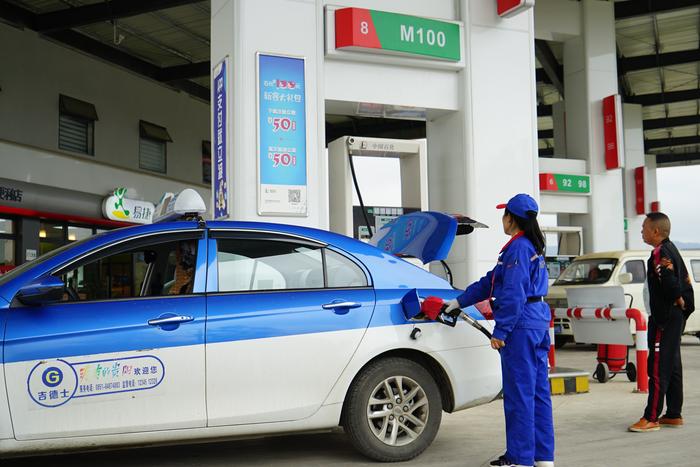|
| 2019-10-14 来源: 中国石化新闻网 |
| 石化新闻 |
|
中国石化新闻网讯 据路透社10月11日伦敦报道,英国国家电网11日在伦敦表示,即使英国退出欧盟,英国在今年冬天也将能满足能源需求,并定期供应液化天然气。 英国将于10月31日离开欧盟,但目前仍不清楚英国将以何种条件退出欧盟,也不清楚英国是否会成为第一个离开欧盟的主权国家。 运营英国电网的英国国家电网(National Grid)预计,英国与欧洲之间被称为“互连线”的电力连接在英国脱欧将继续畅通,但万一“互连线”在不太可能情况下降至零,英国仍有足够的剩余电力满足需求。 自从8月份英国110万电力用户受到停电影响后,英国国家电网一直在接受详细审查。 这家英国电网运营商在其2019/20年冬季展望报告中表示:“我们预计,由于英国计划退出欧盟,在即将到来的冬季不会出现额外的充分性或操作性挑战。” “我们的分析表明即使在英国和欧洲大陆之间没有互联流动的情况下,利润率也足够高。然而,英国市场将需要吸引常规液化天然气供应品进入英国。 由于自美国和俄罗斯的供应淹没了欧洲市场并压低了价格,英国的液化天然气进口量在2018/19年冬季增加了3倍,至660万吨,并在今年4月份达到160万吨的多年高位。 李峻 编译自 路透社 原文如下: Britain's LNG imports expected to soar if Brexit happens Britain will be able to meet energy demand this winter even if it leaves the European Union, with regular supplies of liquefied natural gas, National Grid said. The United Kingdom is due to leave the EU on Oct. 31 but it is still unclear on what terms it will exit or indeed whether it will become the first sovereign state to depart the bloc. National Grid, which operates the UK power network, expects Britain's power links with Europe, called interconnectors, to continue to flow but in the unlikely event they fall to zero there is sufficient surplus power to meet demand. National Grid has been under scrutiny after a power outage in August affected 1.1 million electricity customers in Britain. "We anticipate no additional adequacy or operability challenges for the coming winter as a result of the UK’s planned exit from the EU," the grid operator said in its 2019/20 winter outlook report. "Our analysis shows ... margins that are sufficient even in a scenario with no interconnector flows between the UK and continental Europe. However, the market would need to attract regular LNG supplies to the UK," it added. Liquefied natural gas imports into Britain quadrupled during the winter of 2018/19 to 6.6 million tonnes and peaked at 1.6 million tonnes in April, a multi-year high, as supplies from the United States and Russia inundated Europe and depressed prices. “We want (oil and gas sales) in roubles at some point,” he was quoted as saying. “The question here is not to have any excessive costs from doing it that way, but if the broad ... financial infrastructure is created, if the initial costs are very low, then why not?” Oreshkin said that Russia will be able to sell its energy exports in local currency given the popularity of the country’s domestic bonds among foreign investors, who own 29% of its rouble debt. Russia has attempted to reduce its exposure to the U.S. through a “de-dollarisation” policy to offset the impact of U.S. sanctions.
|








